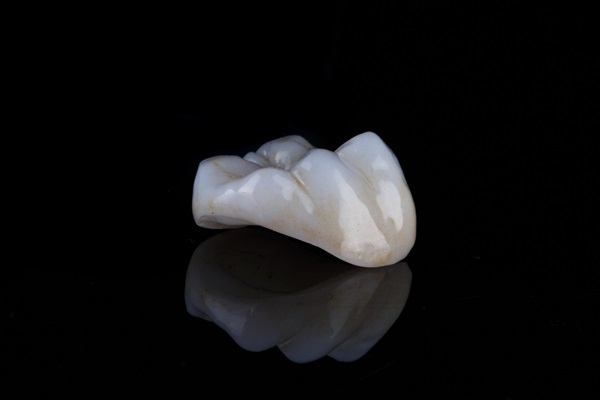3 Alternatives to Dental Crowns

Dental crowns are often costly and require that a dentist remove a significant amount of the tooth's structure to place them. Read on to learn about dental crown alternatives. Other treatment alternatives are sometimes available that are either less expensive or significantly less invasive. Dental crowns are frequently used to restore severely damaged teeth.
3 Alternative choices to dental crowns
The following are some dental crown alternatives that your dentist may suggest. They each have specific functions, so the choice comes down to the one that best fits the patient's needs:
1. Onlays
Instead of a crown, dentists can also use onlays to reinforce teeth. Onlays are like dental crowns because they offer some level of protection for the teeth but to a smaller degree. In contrast to an inlay, which does not protect any of a tooth's cusps, onlays only cover the surface of a tooth and one or two of its cusps. A full onlay occupies the whole top surface of the tooth. A partial onlay is one that only occupies a portion of the cusps.
Onlays have the advantage of requiring less tooth structure to be removed during placement. This lowers the risk of complications when the tooth is being prepared. Onlays also make it possible for patients to keep their gums healthy, as caps can make it harder to clean plaque around the tooth's base.
Compared to a dental crown, the only drawback to this option is that a prosthetic that covers the whole tooth is usually easier to keep in place. However, since dental cement has improved significantly over the years, there is less of a chance that this will happen.
2. Dental veneers
The dentist may decide to place a veneer instead of a crown, depending on the tooth's condition. Veneers are thin shells that protect the front of teeth and are typically used for aesthetic reasons. However, the dentist will determine the suitability of the veneer for the patient's teeth. A veneer may not offer the level of protection that a tooth requires, depending on the degree of the damage. On the other hand, veneers are a less intrusive way to improve the look of one's smile for those considering dental crowns for aesthetic reasons.
3. Dental filling
If the tooth has sustained such trauma that the dentist recommends a cap, a filling is not appropriate, but it is an option. For large cavities and other damage, crowns are preferable to fillings because fillings do not have the same degree of protection as crowns.
Fillings are more likely than crowns to crack, split, and fall out. They also do not perform as well as crowns, which entirely restore a tooth's structure. A dentist might use fillings to build up a tooth that has been badly damaged by a fracture or decay before covering it with a crown.
The bottom line
If you think you might benefit from dental crowns or the above-listed alternatives, contact our dental office today to book an appointment.
Request an appointment here: https://www.gledhilldental.com or call Gledhill Dental at (509) 800-8410 for an appointment in our Kennewick office.
Check out what others are saying about our dental services on Yelp: Dental Crowns and Dental Bridges in Kennewick, WA.
Related Posts
A dental crown, custom-made and designed to fit snugly over a tooth, addresses a range of dental concerns, from tooth replacement and protecting a weakened tooth to enhancing the appearance of your smile. Whether dealing with decay, damage, or cosmetic imperfections, this restoration offers a tailored solution. With its many applications, the dental crown is…
Tooth loss can affect how you eat and speak, as well as how your smile looks. Restorative solutions, like implant crowns, are important for maintaining your dental and overall health. Implant crowns are strong and resemble natural teeth, blending well with surrounding teeth. They imitate the structure of real teeth, providing long-term benefits for those…
A dental crown can restore a damaged, worn, or weakened tooth. This restoration can bring back your healthy smile and stable dental function. Knowing the benefits of dental caps can motivate you to set an appointment soon. Here are the benefits of a dental crown that you must consider.Losing a tooth can be annoying, especially…
The cosmetic appeal of dental crowns rests on their ability to sheathe natural teeth. A dental crown is also a custom restoration, meaning that it fits the underlying tooth like a glove. It covers the visible part of the tooth, from the biting surface to the base.These qualities make a dental cap one of the…


